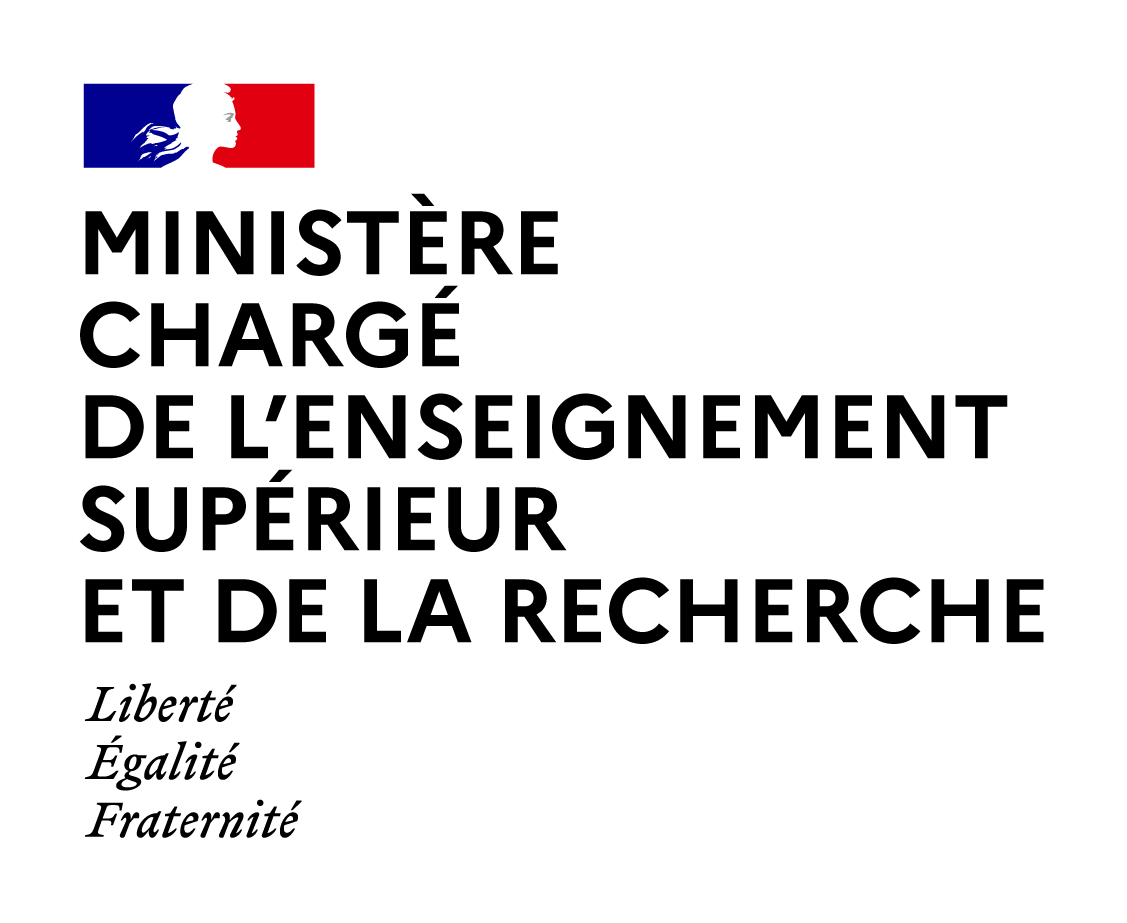
Sommaire
An Introduction to Complex Systems in Environment
Date de création :
14.04.2017Auteur(s) :
Yacine MEZEMATE, Daniel SCHERTZERPrésentation
Informations pratiques
Cet ensemble de supports pédagogiques est la propriété, à parts égales, d’UNIT et de l'École des Ponts ParisTech. Il est régi par la licence logicielle GPL, dans sa version française CeCILL (http://www.cecill.info/licences/Licence_CeCILL-V1_VF.pdf).
Description de la ressource
Résumé
The environment is a social issue that continues to grow in importance. Its complexity, both cross-disciplinary and multi-scale, has given rise to a large number of scientific and technological locks, that can be solved using a complex systems approaches. Through this courses we will give some examples of complex systems that can be found in environment and their observable, we will highlight the variability of these fields over a wide range of scales. We will focus on the fractal/multifractal behaviour of the environnemental fields and introduce some tools that allow us to charchterize their spatial/temporal variability. The courses is devided in 11 modules as follows: -Introduction -Source of Complexity -Dynamical Systems -Cascade Phenomenology -Spectral Analysis -MultiScale Analysis: Fractal -MultiScale Analysis :Multifractal -Multiscale Analysis: Methods of Analysis -MultiScale Simulations -Extremes -Resilience
- Granularité : module
- Structure : collection
"Domaine(s)" et indice(s) Dewey
- Techniques sanitaires et urbaines : approvisionnement en eau (628.1)
- Contrôle de la pollution et techniques d'hygiène industrielle : sites pollués, sols, air (628.5)
- Déchets, pollutions, polluants, bruit (363.7)
Domaine(s)
- Traitements de problèmes d'environnement
- Traitements de problèmes d'environnement
- Économie sociale
- Problèmes d'environnement
- Environnement
Informations techniques
- Niveau d'interactivité du document : medium
Intervenants, édition et diffusion
Document(s) annexe(s)
Fiche technique
- LOMv1.0
- LOMFRv1.0
- SupLOMFRv1.0
- Voir la fiche XML





